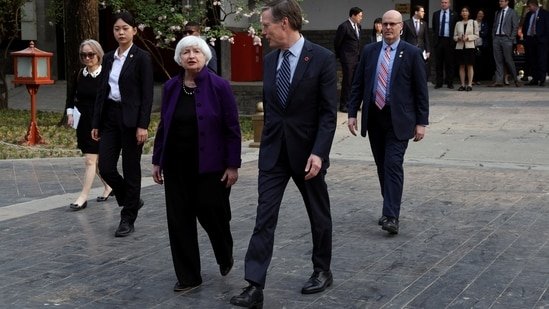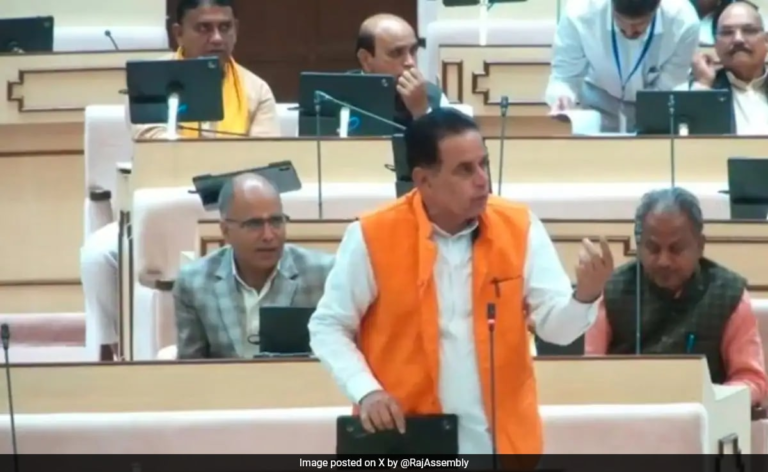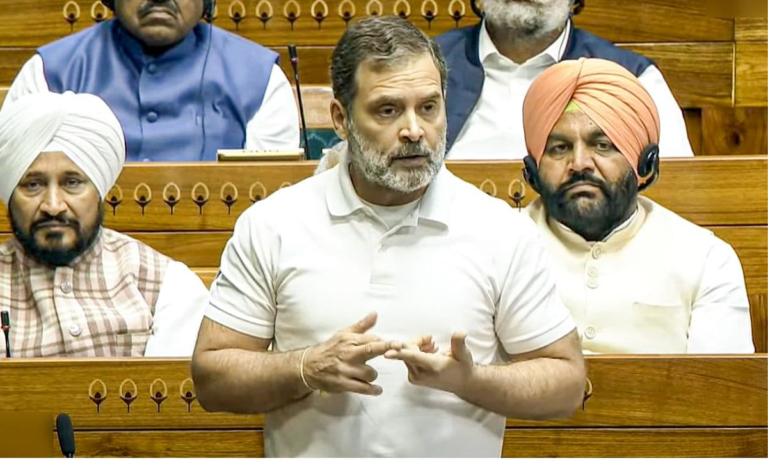
There are no standout outcomes of United States (US) treasury secretary Janet Yellen’s just-concluded visit to China, but it remains a crucial piece in the broader engagement between the two countries. This has been gaining momentum since presidents Joe Biden and Xi Jinping met last year in November. In fact, a Biden-Xi call days before Yellen landed in Beijing was seen as a prologue of sorts to the visit, with the leaders appreciating the progress made on a range of issues, including counternarcotics cooperations, AI-related risks, and the climate crisis. However, for the US, areas of considerable discomfiture remain. Be it the State subsidies fuelling China’s overcapacity in battery, electric vehicle, and solar manufacturing or the concerns over data and national security surrounding Chinese-owned apps like TikTok, these needed to be communicated to Beijing.

Against this backdrop, Yellen’s visit underscores a carefully considered approach to engaging on pain points. Given her image as a top economic mind rather than a politician packing rhetoric and her personal connection with her Chinese counterpart, He Lifeng, China is more likely to have understood if not appreciated the US’s strident stand on Chinese overcapacity and the dragon needing to push domestic consumption. How China responds will be interesting.
While commerce minister Wang Wentao has termed the overcapacity concerns “groundless”, some Chinese leaders are reported to privately agree that some industries are heating up. But a pivot seems unlikely, given the weak growth China has registered. There are indications that the most it is willing to wager is to allow market forces to correct the situation — that is, weaker companies going under. But China can’t complain that it wasn’t warned if the US and other economies then prefer the more active route of tariff barriers.
Continue reading with HT Premium Subscription
Daily E Paper I Premium Articles I Brunch E Magazine I Daily Infographics








